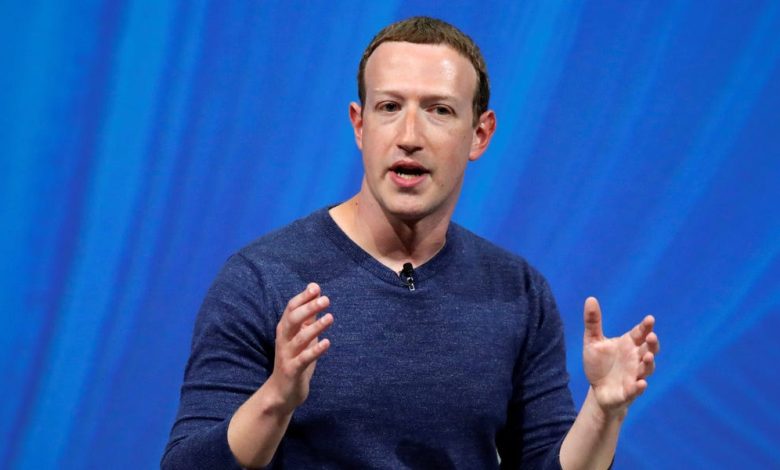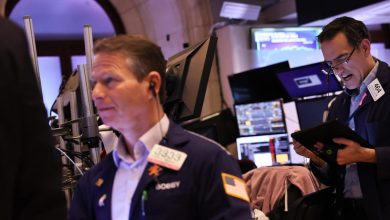Meta Reaps the Rewards of Mark Zuckerberg’s ‘Year of Efficiency’

Mark Zuckerberg’s ‘Year of Efficiency’ Is Paying Off for Meta
In December 2020, Facebook CEO Mark Zuckerberg announced his ambitious plan to transform the social media giant into a “metaverse company” and declared 2021 the “Year of Efficiency.” Fast forward to the present, and it seems like Zuckerberg’s strategy is indeed paying off for Meta, the new parent company of Facebook.
The metaverse concept represents an immersive virtual world where people can socialize, work, and play using augmented reality (AR), virtual reality (VR), and other digital technologies. Meta aims to redefine the way we connect, collaborate, and experience the digital realm, with a focus on building a more immersive and interconnected future.
Zuckerberg’s plan to drive efficiency and streamline operations was a crucial step in achieving this ambitious vision. Under his leadership, Meta has undergone significant restructuring, streamlining its operations and focusing on its core products and technologies. By eliminating distractions and doubling down on its key areas of expertise, Meta has been able to accelerate its innovation and development process.
One notable outcome of Zuckerberg’s commitment to efficiency is the successful integration of Facebook Reality Labs (FRL) into the broader Meta organization. FRL, the division responsible for developing AR and VR technologies, has been instrumental in realizing Meta’s metaverse vision. By integrating FRL’s expertise and resources more seamlessly into the parent company, Meta has been able to foster collaboration and drive innovation.
Another aspect of Zuckerberg’s efficiency drive is the decision to prioritize product development and research in areas with the most potential for impact. Meta has redirected its focus towards building high-quality AR glasses, a key component of the metaverse experience. By concentrating on this technology, Meta aims to make AR glasses smaller, more affordable, and capable of generating immersive and realistic user experiences.
The results of Meta’s efforts are already becoming evident. In October 2021, Meta unveiled Project Cambria, a new prototype for its AR glasses. With Project Cambria, Meta has made significant strides in improving the user experience, incorporating features like advanced hand tracking, spatial audio, and natural language processing. This breakthrough demonstrates Meta’s commitment to bridging the gap between the physical and digital worlds, bringing us closer to a fully realized metaverse.
Furthermore, Meta’s focus on efficiency has extended beyond product development. The company has also made significant investments in renewable energy and sustainability, aiming to power its operations with 100% renewable energy by the end of 2020. By reducing its carbon footprint and committing to sustainable practices, Meta is not only aligned with global efforts to combat climate change, but also ensuring that its operations are both ethical and environmentally responsible.
Mark Zuckerberg’s ‘Year of Efficiency’ has undoubtedly paid off for Meta. By streamlining operations, prioritizing product development, and committing to sustainability, Meta is well on its way to becoming a major player in the metaverse. With innovations like Project Cambria, Meta is pushing the boundaries of AR and VR technologies, all with the aim of providing a truly immersive and interconnected digital experience.
As the world becomes more interconnected and digital communication continues to evolve, Meta’s metaverse ambitions may prove to be the future of social interaction. With Zuckerberg’s continued commitment to efficiency and innovation, it’s safe to say that Meta will not only shape the future of social media but also redefine our relationship with technology itself.




